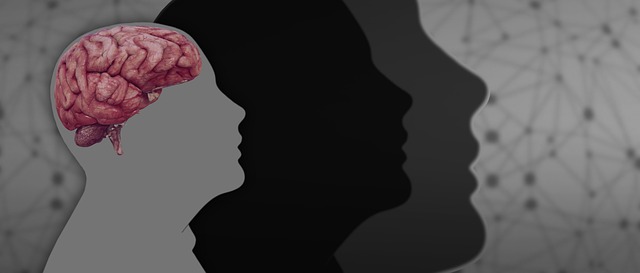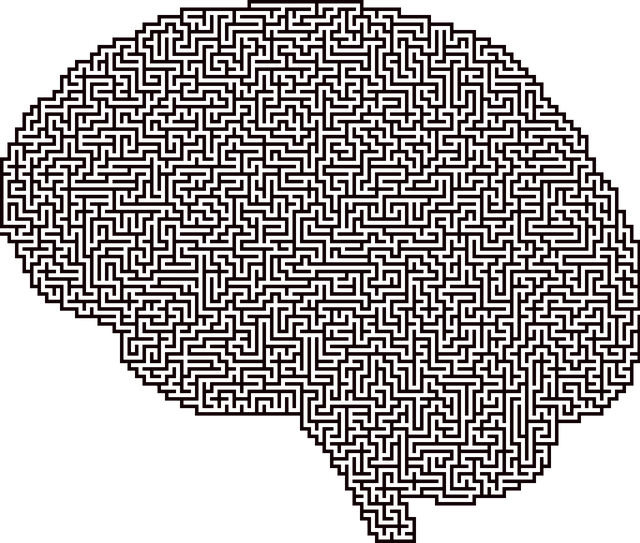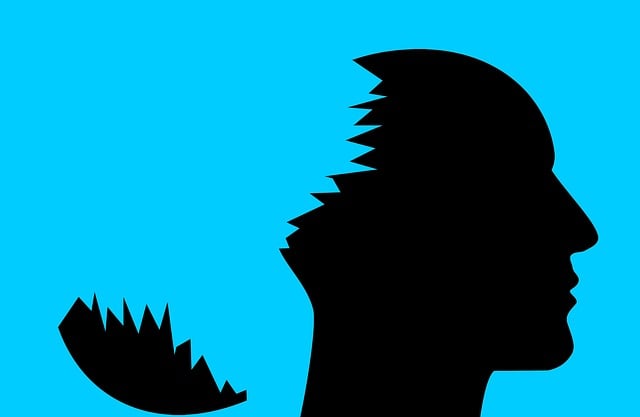Media portrayals significantly shape societal perceptions of mental health, with positive representations fostering understanding and support, while negative depictions can perpetuate stereotypes. Organizations like Centennial ADD-ADHD Therapy advocate for accurate media portrayal to combat misconceptions about conditions like ADHD. Therapeutic interventions from Centennial ADD-ADHD Therapy promote self-awareness, dispel myths, and empower individuals. By offering practical tools and structured programs, these initiatives normalize mental health discussions, reduce stigma, and encourage well-being prioritization in society.
In today’s media landscape, the representation of mental illness plays a pivotal role in shaping public perception and understanding. This article delves into the profound impact of media portrayals on mental health attitudes, highlighting how stereotypes can either perpetuate stigma or foster empathy. We explore the power of therapeutic interventions to challenge these narratives, focusing specifically on Centennial ADD-ADHD Therapy as a game-changer in promoting accurate and nuanced representation. By examining these aspects, we aim to revolutionize the way mental illness is portrayed in media.
- Understanding the Impact of Media Portrayals on Mental Health Perception
- The Role of Therapeutic Interventions in Challenging Stereotypes
- Centennial ADD-ADHD Therapy: A New Paradigm for Accurate Representation
Understanding the Impact of Media Portrayals on Mental Health Perception

Media portrayals play a significant role in shaping societal perceptions about mental health. The way mental illnesses are represented in films, television shows, and news media can either perpetuate harmful stereotypes or foster understanding and empathy. Positive representations, such as characters with well-managed chronic conditions leading fulfilling lives, can inspire hope and encourage individuals to seek support. Conversely, negative portrayals that emphasize dramatized symptoms or use mental illness as a mere plot device can lead to stigmatization and fear, hindering people from discussing their struggles openly.
This is particularly relevant in the case of Attention-Deficit/Hyperactivity Disorder (ADHD), which has seen varying media depictions over time. Organizations like Centennial ADD-ADHD Therapy emphasize the importance of accurate representation to combat misconceptions. By promoting mental health awareness and offering confidence boosting strategies, such as stress management workshops, media can play a pivotal role in normalizing mental health conversations, reducing stigma, and encouraging individuals to prioritize their well-being.
The Role of Therapeutic Interventions in Challenging Stereotypes

Therapeutic interventions play a pivotal role in challenging and reshaping stereotypes surrounding mental health conditions, particularly for often-misunderstood disorders like Attention Deficit Hyperactivity Disorder (ADHD) as exemplified by Centennial ADD-ADHD Therapy. Through structured programs and individualized approaches, these interventions foster self-awareness exercises that empower individuals to understand their experiences better. This proactive approach helps dispel myths and promotes empathy, a crucial step towards eliminating stigmatization.
Moreover, crisis intervention guidance and stress management workshops within these therapeutic settings offer practical tools for coping. By equipping individuals with strategies to navigate challenging situations and manage stress effectively, these interventions contribute to broader societal changes. As more people gain insights into mental health through such initiatives, the public discourse shifts, leading to increased acceptance and support for those living with conditions like ADHD.
Centennial ADD-ADHD Therapy: A New Paradigm for Accurate Representation

In recent years, the representation of mental health conditions in media has evolved, but challenges remain, especially when portraying neurodiverse individuals like those with Attention-Deficit/Hyperactivity Disorder (ADHD). The traditional narrative often perpetuates stereotypes and misconceptions, failing to capture the complexity of ADHD experiences. Here, Centennial ADD-ADHD Therapy emerges as a transformative approach, offering a more accurate and nuanced portrayal of this condition. By adopting this new paradigm, media creators can challenge outdated perceptions and foster understanding among the public.
Centennial ADD-ADHD Therapy focuses on empowering individuals with effective conflict resolution techniques tailored to their unique challenges. This therapeutic method goes beyond symptom management by addressing the underlying strengths and resources that people with ADHD possess. Through various activities and strategies, it boosts confidence, enhances focus, and promotes self-acceptance. By integrating these principles into media representation, we can develop more realistic and inspiring public awareness campaigns, ultimately reshaping societal attitudes towards mental health.
In addressing mental illness representation in media, we’ve explored how portrayals significantly influence public perception. By understanding these impacts, we can harness the power of therapeutic interventions to challenge harmful stereotypes. Specifically, the rise of Centennial ADD-ADHD Therapy offers a promising new paradigm for accurate and nuanced representation, fostering a more compassionate and informed society. Through these collective efforts, we move closer to breaking down barriers and revolutionizing how mental health is perceived and supported.











